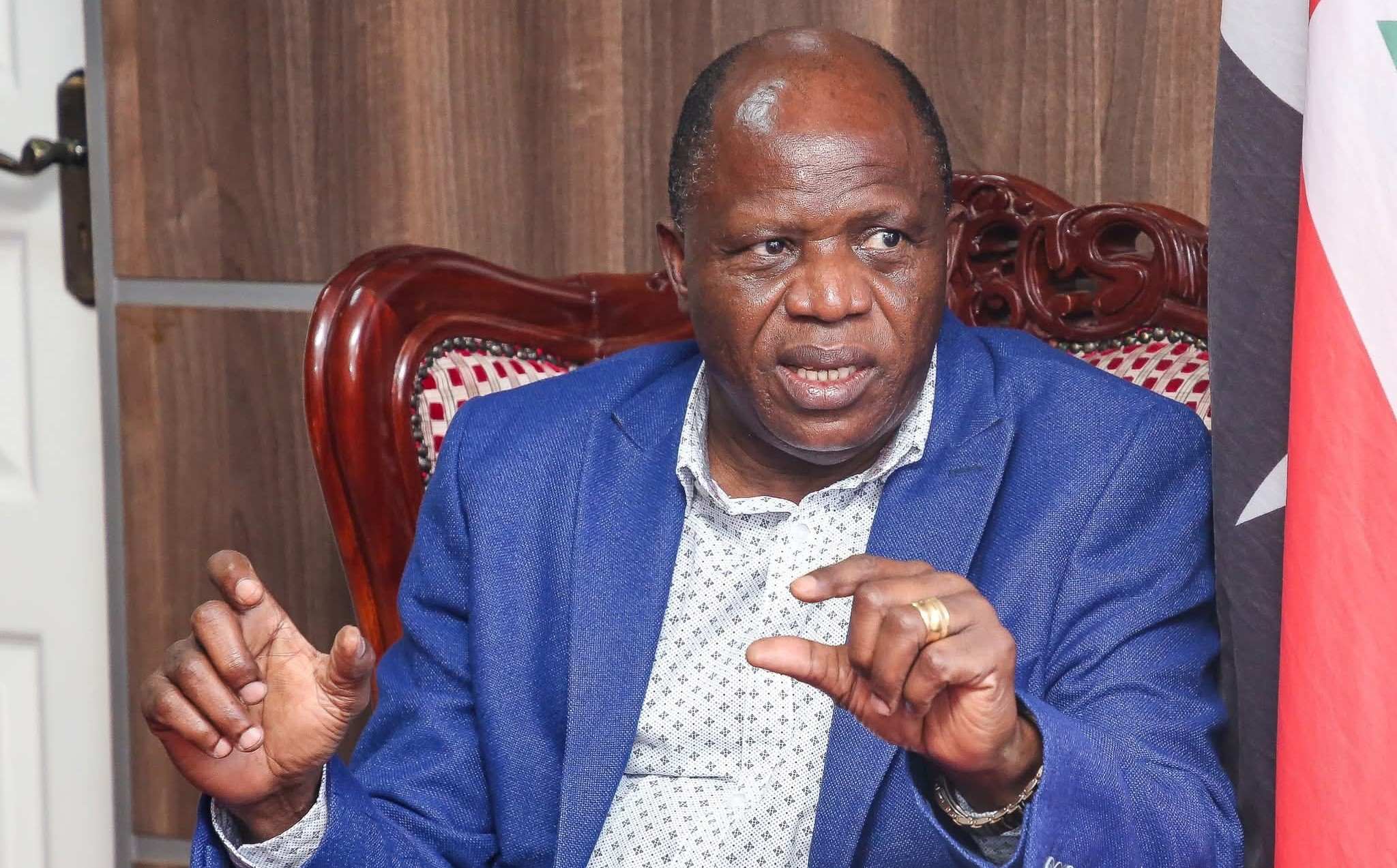Opinion: Youth unemployment a national emergency that needs bold solutions

The government must also create an enabling environment for small and medium enterprises (SMEs) to thrive.
Kenya stands at a critical crossroads, facing an unemployment crisis that threatens not only its economic future but also its social fabric. The plight of the nation's youth, grappling with limited job prospects and diminishing hopes, has reached a boiling point. This is not merely an economic issue; it's a ticking time bomb with far-reaching implications for Kenya's stability, development, and future.
The paradox of Kenya's situation is stark. On paper, the country has seen commendable economic growth over the past decade. Nairobi's skyline continues to evolve, tech start-ups are making headlines, and foreign investment flows in. Yet, for a majority of young Kenyans, this growth remains an abstract concept, far removed from their daily realities of joblessness and financial struggle.
More To Read
- Over half of circular economy workers lack protection, ILO report finds
- Kenya’s private sector posts fastest growth in five years on soaring demand
- How digital platforms are creating new pathways for youth, with riders taking home up to Sh70,000 monthly
- Private sector activities rise for the first time in five months in September
- Nyota programme: Sh5 billion Youth Fund now operational to boost enterprise
- How forged academic papers are helping fraudsters secure top government jobs — EACC
The roots of this crisis are multifaceted. The inability of Kenya's economy's to create jobs at a pace matching population growth has led to a surplus of labour, driving down wages and working conditions. Informal employment, long seen as a stopgap measure, has become a permanent reality for many. While it provides a means of survival, it offers little in terms of security, benefits, or career progression. The promise of formal jobs remains elusive for most, creating a sense of frustration and disillusionment among the youth.
The cost of living crisis compounds these challenges. Rising prices of basic commodities, coupled with stagnant or declining real wages, have pushed many young Kenyans to the brink. The dream of owning a home, starting a family, or even achieving financial independence seems increasingly out of reach for a generation that was promised so much.
Political responses to this crisis have been inadequate at best. Short-term measures and populist promises have failed to address the structural issues underpinning youth unemployment. The focus on mega infrastructure projects, while important for long-term development, has not translated into immediate job creation at the required scale.
Moreover, corruption continues to siphon off resources that could otherwise be invested in job creation. The perception that opportunities are reserved for the well-connected further fuels cynicism among the youth, eroding faith in institutions and the very fabric of democracy.
The way forward demands bold, innovative solutions and a reimagining of Kenya's economic model. First, there needs to be a radical overhaul of the education system. Curricula must be aligned with industry needs, emphasising practical skills, critical thinking, and entrepreneurship. Partnerships between educational institutions and the private sector should be fostered to create internship programmes, apprenticeships, and on-the-job training opportunities.
The government must also create an enabling environment for small and medium enterprises (SMEs) to thrive. These businesses are the backbone of job creation in many economies. Simplifying regulations, providing access to affordable credit, and offering tax incentives for SMEs that hire young people could stimulate job growth in this sector.
Investment in the digital economy presents another avenue for addressing youth unemployment. Kenya has already established itself as a tech hub in East Africa, but there's potential for more. Expanding digital infrastructure, particularly in rural areas, and promoting digital literacy can open new opportunities in remote working, e-commerce, and the gig economy.
Agriculture, often viewed as unattractive by the youth, needs an image makeover. With the right policies and investment in agri-tech, farming can become a viable and profitable career option.
Encouraging the youth to see agriculture as a business rather than mere subsistence could revolutionise the sector and create numerous jobs along the value chain.
The informal sector, which employs a significant portion of the workforce, cannot be ignored. Efforts should be made to formalise these businesses gradually, providing them with support, training, and access to markets. This transition could lead to better job quality and increased productivity.
Tackling corruption must be a priority. The misappropriation of funds meant for development and job creation not only deprives the youth of opportunities but also erodes trust in public institutions. A robust, independent anti-corruption drive is essential for ensuring that resources reach their intended beneficiaries.
Lastly, Kenya must leverage its youthful population as an asset in the global economy. With the right skills and opportunities, Kenyan youth can compete in the global job market, whether through remote working, outsourcing, or by attracting international companies to set up operations in Kenya.
The youth unemployment crisis in Kenya is not insurmountable, but addressing it requires political will, innovative thinking, and collective action. It demands a new social contract between the government, private sector, and the youth. The stakes are high – failure to act decisively risks not only economic stagnation but also social unrest and political instability.
Other Topics To Read
The writer is a public policy specialist and management consultant.
Top Stories Today












































